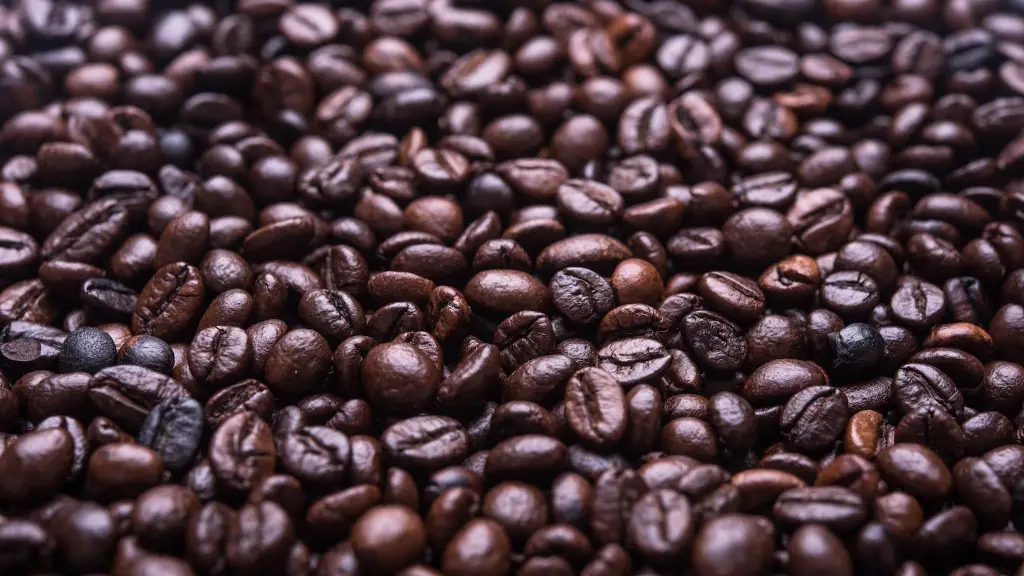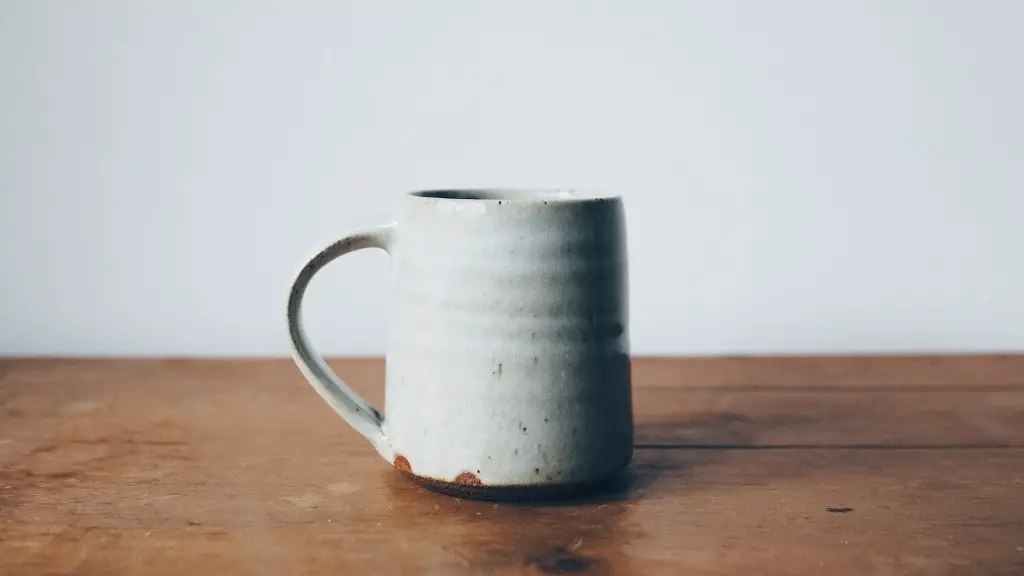Is it bad to Drink Decaf Coffee?
Many coffee lovers may not even be aware that drinking decaf coffee is an option. Decaf coffee, also known as decaffeinated, is a form of coffee that has had most of the caffeine removed. It’s usually made with a milder blend of beans and has a subtly different flavour.Caffeine is a drug that’s naturally occurring in coffee and other products like energy drinks and chocolate, and it’s highly addictive. In small amounts, caffeine can help to increase alertness and focus, but too much can lead to increased anxiety, restlessness, insomnia, and other problems. Decaf can be an attractive option for those who are looking to cut caffeine from their diet.
Benefits of Drinking Decaf Coffee
There are a few benefits to drinking decaf coffee. First and foremost, decaf coffee still contains some of the same antioxidants and healthy compounds that you find in regular coffee. Studies have shown that the antioxidant benefits of coffees can help protect against certain chronic diseases and reduce inflammation in the body. Additionally, regular coffee contains acids that can irritate the stomach, but decaf doesn’t have as much of these acids, making it easier to digest.
However, not all decaf coffee is created equal. Some decaf coffee is made with a process that involves using chemicals and other solvents to extract the caffeine. This can leave a bitter aftertaste and reduce the natural flavour of the beans. To avoid this issue, you should look for companies that use a natural water-based process to remove the caffeine from the beans, so the flavour and aroma are more intact.
Finally, it’s important to remember that decaf coffee still contains trace amounts of caffeine, usually between 3mg and 15mg per cup. This small amount should be safe for most people, but if you’re looking to completely eliminate caffeine from your diet, you should opt for caffeine-free beverages like herbal tea or water.
Risks of Drinking Decaf Coffee
Although there are some benefits to drinking decaf coffee, it’s important to keep in mind that there are also risks that come with consuming it. The most significant risk is dehydration. Coffee, regardless of whether it’s caffeinated or not, can have a diuretic effect on the body, meaning it increases the rate at which fluid is excreted from the body. This can lead to dehydration if not managed properly. The best way to avoid this is to make sure to drink plenty of water throughout the day.
It’s also important to keep in mind that decaf coffee still contains trace amounts of caffeine, which can have a stimulatory effect on the body. This could interfere with sleep for some people, so it’s important to be mindful of this and adjust your coffee consumption accordingly.
Finally, some people are sensitive to coffee compounds like acids and oils. Decaf coffee might be less irritating to the stomach, but it can still cause gastrointestinal symptoms in some people. If you notice a difference in how you feel when drinking decaf coffee, you may want to switch back to regular coffee or try something else.
Decaf as an Alternative to Regular Coffee
Many coffee drinkers use decaf coffee as an alternative to regular coffee. Not only does it provide a similar taste and sensory experience, but it also provides the same enjoyable ritual without the jittery side-effects of caffeine. If you’re looking to reduce your caffeine intake, decaf is a viable option.
However, it’s important to keep in mind that decaf coffee still contains trace amounts of caffeine. This means it may not be suitable for those who are extremely sensitive to caffeine, as the small amount of caffeine could still lead to symptoms like increased heart rate and agitation. Additionally, if you’re looking to completely eliminate caffeine from your diet, you should opt for something like herbal tea or water.
Tips for Drinking Decaf Coffee
If you’d like to try drinking decaf coffee, here are a few tips to help you make the most out of it:
- Opt for a milder blend of beans for a more subtle flavour.
- Look for companies that use a natural water-based process to extract the caffeine from the beans, as this is the least likely to disrupt the flavour.
- Remember that decaf still contains trace amounts of caffeine, so it may not be suitable for those looking to completely eliminate caffeine from their diets.
- Be mindful of the diuretic effect of decaf, and make sure you’re properly hydrated.
- If possible, experiment with different types of decaf to find the one that suits you best.
Should You Switch to Decaf Coffee?
Ultimately, it’s up to you whether you choose to switch to decaf coffee or not. Decaf can be a great way to reduce your caffeine intake, as it still provides a similar sensory experience without the jittery side-effects. There are even health benefits associated with drinking decaf, as it’s not as acidic and can be easier to digest. However, it’s important to keep in mind that it still contains trace amounts of caffeine, so it may not be suitable for those who are extremely sensitive to caffeine.
If you decide to try decaf, it’s important to keep an eye out for companies that use a natural water-based process to extract the caffeine, as this is the least likely to disrupt the flavour and aroma of the beans. Additionally, be sure to stay properly hydrated to avoid the diuretic effect of decaf. Finally, experiment with different types of decaf to find the one that suits you best. With these tips, you’ll be sure to get the most out of your decaf coffee-drinking experience!
The Impact of Decaf on the Coffee Industry
The emergence of decaf has had a profound impact on the global coffee industry. Decaf coffee accounts for around 5-10% of all coffee sales in the US, and in countries like Brazil, decaf represents almost a quarter of all coffee sales. This shift has caused the top coffee-producing countries in the world to increase their production of decaf beans, as well as create new blends that are tailored for the decaf market.
What’s more, the popularity of decaf coffee has inspired the development of new decaf-specific products, such as instant coffee, single-serve coffee pods, and flavored coffees. This has opened up a new avenue of growth for coffee companies, as well as increased the range of choice for consumers.
Finally, the transition to decaf has also had an impact on the production and packaging of coffee. Because decaf coffee has a lower caffeine content than regular coffee, it can be subject to oxidation and spoilage more quickly. To address this, coffee companies now package decaf coffee in special bags that are designed to protect the beans from oxygen, light, and moisture. This has enabled decaf coffee to maintain its freshness and quality for a longer period of time.
The Health Benefits of Decaf Coffee
Over the past few years, there’s been an increased interest in the health benefits of decaf coffee. Studies have shown that decaf coffee still contains many of the same antioxidants and beneficial compounds that are present in regular coffee-and these compounds can help protect against certain chronic diseases, such as Alzheimer’s and Diabetes. It’s also been shown to reduce inflammation in the body, as well as improve blood pressure and cholesterol levels.
Additionally, decaf coffee is easier to digest than regular coffee, as it contains far less of the acids that can irritate the stomach. This makes it a great option for those who experience gastrointestinal symptoms when drinking regular coffee. Finally, decaf coffee is also less likely to disrupt sleep than regular coffee, as it contains minimal amounts of caffeine.
Conclusion
For many coffee drinkers, decaf coffee can be a great way to reduce their caffeine intake without sacrificing flavour or the enjoyable coffee-drinking ritual. Studies have also shown that decaf coffee can offer a variety of health benefits, such as improved blood pressure and cholesterol levels, reduced inflammation, and easier digestion. Furthermore, the decaf market has opened up a new avenue of growth for coffee companies and has improved consumer choice. Ultimately, whether you decide to switch to decaf coffee or not is up to you, but if you do, these tips will help ensure you get the most out of your experience.




